For many local governments COVID has been a time of fiscal free fall. Huge segments of local economies shut down, income dropped for thousands of residents, unemployment requests skyrocketed, and many local businesses shut their doors for good.
The good news is that Congress passed the American Rescue Plan last week and it includes billions of dollars specifically to help cities financially recover.
In fact, there’s a chance many cities will receive more Rescue Plan funding than they lost in revenue — and this is an unmissable opportunity cities need to make the most of.
American Rescue Plan funding is a once in a century chance for cities to innovate. For smaller cities in particular, this influx of funding will be an opportunity to do economic development in new, more forward-thinking, and more inclusive ways. It’s a chance to meet immediate short-term needs, yes, but also to invest for future resilience and growth, in ways that help city finances by building wealth for the people in local communities.
South Bend, Indiana is already showing us what this can look like. The city’s Scaling Up! South Bend program will help entrepreneurs learn distribution, marketing and supply chains to grow new businesses. Helping small businesses become small employers is one part of the city’s economic recovery plan.
“This doesn’t mean that our work on surviving the economic headwinds here is over,” said Mayor James Mueller, “but it means that we are now shifting to… making sure that we have growing businesses and we have growing opportunities for everyone to thrive.”
Putting American Rescue Plan funds into small business incubators like Scaling Up! is an investment that will pay dividends for cities. Here are a few other ways to do that:
Help established local businesses buy their building. Make available grants or low-cost loans to help small businesses buy real estate. This strategy can be particularly powerful for businesses owned by Black or brown residents, or businesses located in neighborhoods that have seen chronic disinvestment.
Help small entrepreneurs scale. One- or two-person businesses have the potential to become small employers – but might need help to do it. Find the solopreneurs who are already dedicated to this work and help them get bigger. Build cohorts of small business owners who can grow together and support one another. Be sure to include business owners working in every aspect of your local economy, including businesses owned by people of all ages and abilities, women, Black and Latino residents, LGBTQ residents, and in all different industries.
Launch a startup or training program focused on something other than tech. Local economies need skills beyond web development. Get the right community connectors involved as leaders and locate new training programs in neighborhoods that have been overlooked or neglected in the past. Knit wealth-building opportunities back into communities of color.
Become an affordable commercial landlord. Invest in real estate and make it affordable. Whether it’s storefronts in your main business district or commercial/warehouse space for small scale manufacturers, secure a long-term hold of the property and fill it with commercial tenants who will also be good community stewards.
Buy a vacant building and make it a small business epicenter. Let small businesses use the space for retail or small scale manufacturing. Make it clear that this is a space for businesses to grow.
The American Rescue Plan is an unmissable opportunity for cities to think creatively about how we support small local economies. Our return from the COVID shutdown in fact demands this. We can’t build back the same as before: we have to build back stronger.
Supporting small local businesses and empowering them in new ways is a crucial part of how to make this possible. Build wealth, build pride, and build your city’s identity — those are assets no one, not even a pandemic, will ever be able to take away.

